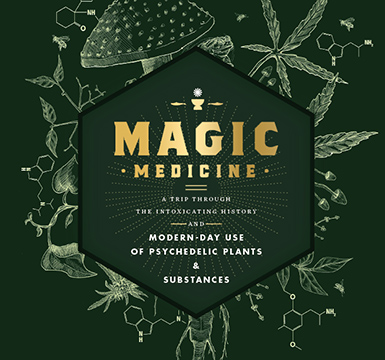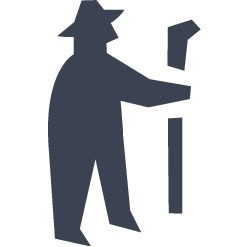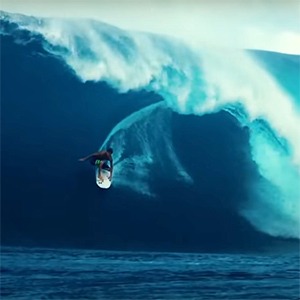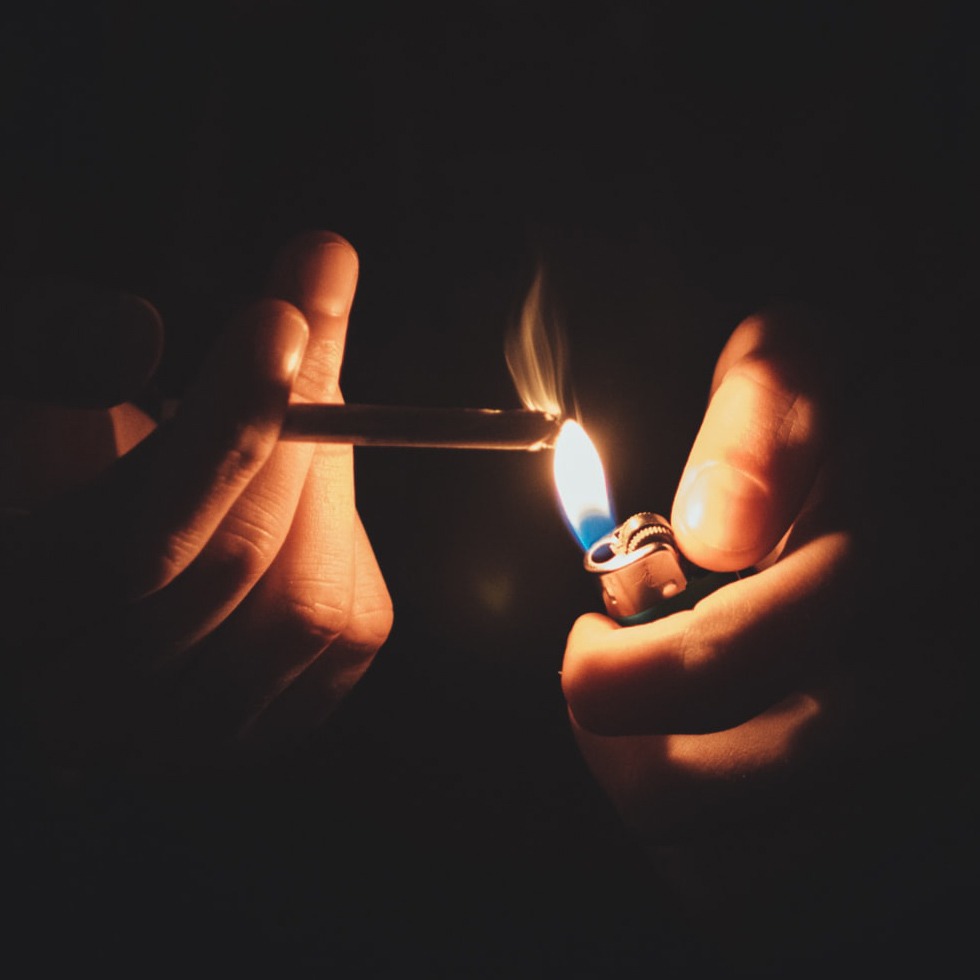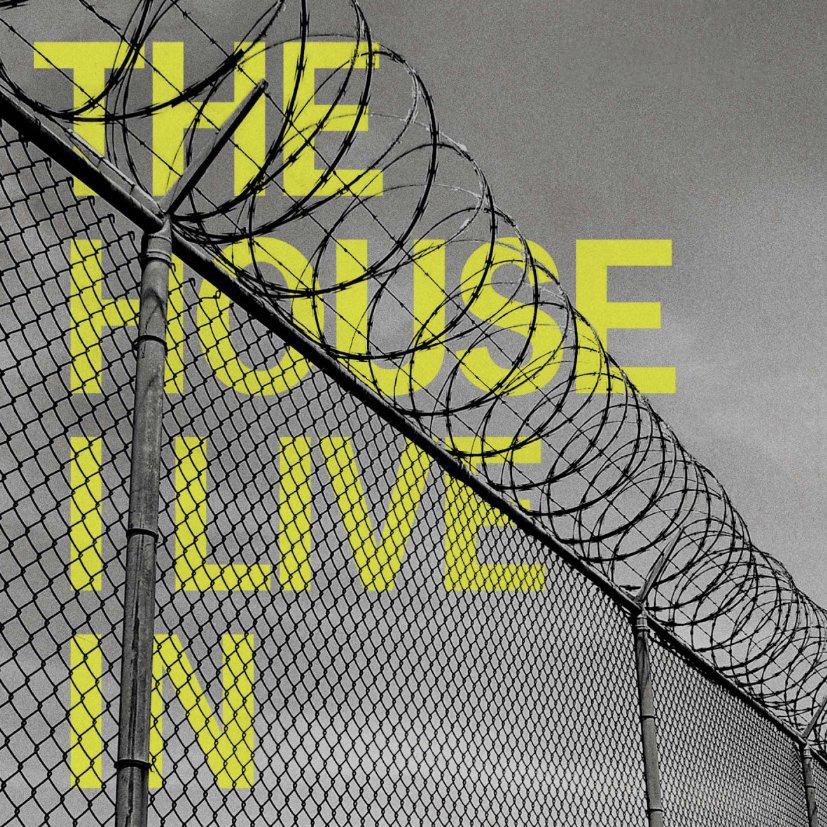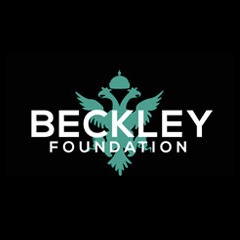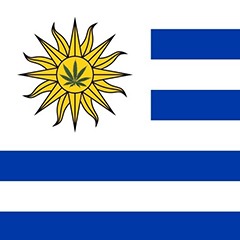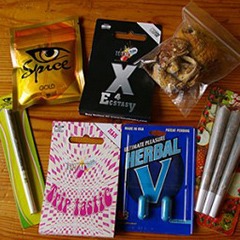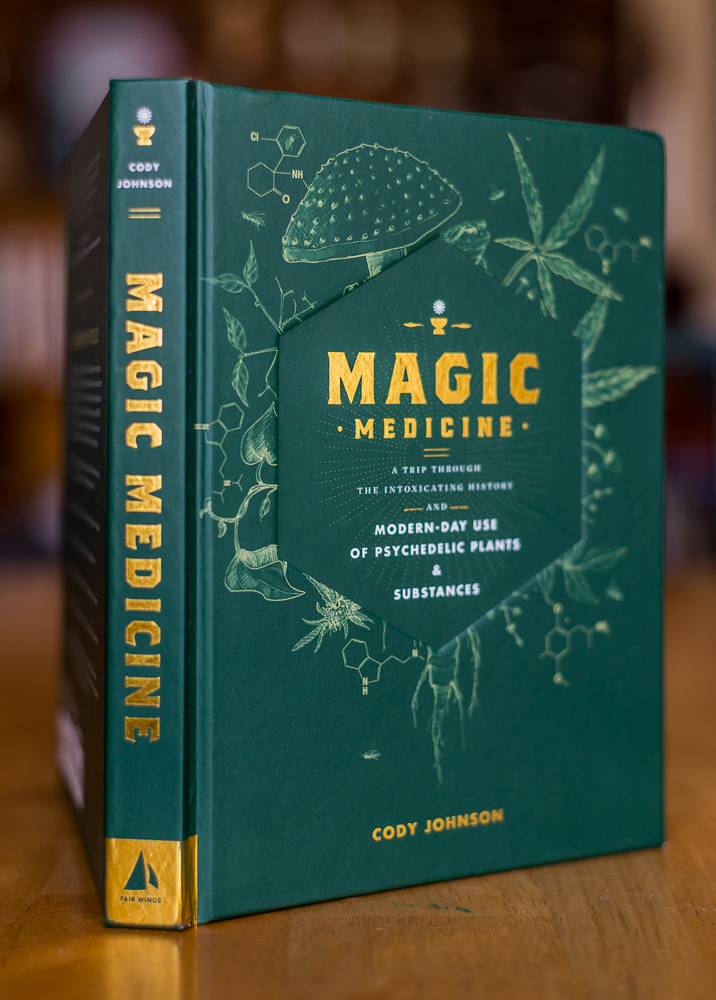This week’s guest post is by Aaron Moritz. Aaron is an independent writer, researcher, video editor, and co-host of the Srsly Wrong podcast. Find more of his articles at his blog and check out the Srsly Wrong website.
The ‘War on Drugs’ and ‘Just Say No!’ campaigns have been colossal failures, and one of the main reasons — a reason people don’t like to talk about — is that taking drugs is fun, and not everybody who does it has a problem.
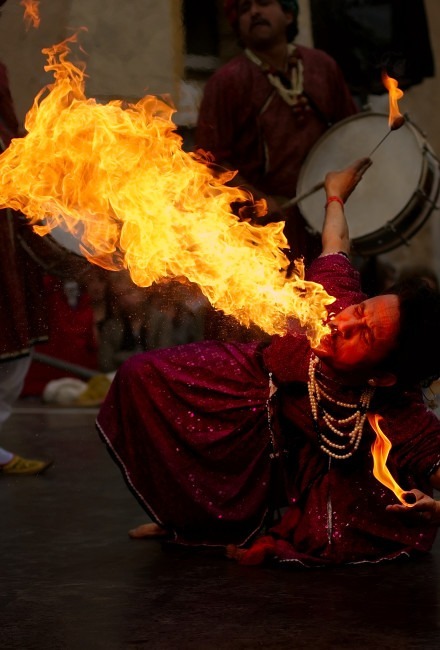
Fire breathing “Jaipur Maharaja Brass Band”. Photo by Luc Viatour
We don’t like to admit that, but it’s true.
I am not advocating that anybody use recreational drugs. However, some people will choose to do so, and it’s better they do it intelligently than stupidly. Recognizing and taking steps to mitigate risks is smart. It’s harm reduction. To that end, I believe the thoughts contained below will be helpful.
These are the principles that I maintained (albeit unconsciously and imperfectly) throughout my not-always-sober youth. Following them, I managed to mature into an intelligent, non-addicted, and well-enough-adjusted adult who, well, is not always sober. But I usually am. Definitely over 95% of the time.
Drugs can destroy lives, no doubt. This is true, it’s awful, and we need to do everything we can to stop it. However, because I was a careful user, my life was not destroyed — it was enriched. I knew I was playing with fire, but as any fire-breather can tell you, there are ways to do that relatively safely.
The kinds of drugs I’m talking about here are heroin, Valium, alcohol, Oxycontin, cannabis, Dexadrine, Adderall, Xanax, cocaine, ketamine, GHB, MDMA, MDA, DXM, methamphetamine, etc — drugs that can be a lot of fun, but have some substantial amount of abuse potential.1
1. Use consciously, not casually
Did you plan to take this drug today? Is there any particular reason? When was the last time you took this drug? Any other recreational drug? How would you feel if you didn’t take it? How much do you know about it and where it came from?
These are some of the basic questions users should be in the habit of asking themselves. Shining the light of conscious attention and rational reflection onto the details of any potential drug-taking is an absolute must.
Conscious use is contrasted with casual use, which is habitual and thoughtless. It often takes place daily; at least weekly or monthly. Use is not treated seriously, but whimsically. The power of these substances is not respected. When not respected, recreational drugs can, and often will, smack you down.
2. Learn the facts
Erowid.org – If you have plan on taking any recreational drug, bookmark this website. Do you know how long GHB lasts? That crack is more addictive than powdered cocaine? That you shouldn’t mix alcohol with Xanax?
Before you take a drug – learn about it. Read through Erowid’s entire section about it. Learn the proper dosages and start small. Know what the effects will be, good and bad. Know how long it should last. Read about other people’s experiences and advice. Web forums like Bluelight.ru are extremely useful for this.
All recreational drugs have good and bad effects and you want to be prepared for both. Of course, calculated risk for pleasure is something we already accept in society. Bungee jumping. Skiing. Driving. Sex with strangers. Rare steak. All entail some risk, but that’s okay, as long as we are aware of the risks and are able to do an honest cost/benefit analysis.
You want to be well-informed enough to know that you should check the label for all active ingredients (you only want DXM) — before drinking the entire bottle of Robitussin.
3. Be aware of your susceptibility to addiction
Addictions specialist Dr. Gabor Maté has a saying, that we shouldn’t ask ‘why the addiction?’, but rather ‘why the pain?’. People are prescribed ostensibly ‘addictive’ drugs like opiates all the time, yet only a small number of them become addicts. Almost universally, these are people who have a great deal of deep-seated emotional pain.
Think about it like this. Let’s say that happy-good feelings exist on a scale of 1-100. A normal person, who hangs out around 75, takes some opiates and their happiness shoots up to 90. They think ‘wow, that was fun’, and go on with the rest of their lives. For people with a lot of pain, often their happiness level is down at something like 25. They take an opiate, it shoots up to 80, and they think ‘OH MY GOD. This is what I’ve been missing in my life. Give me more.’
One way to determine your potential susceptibility is to take the ACE (Adverse Childhood Experience) test, here. The higher you score, the warier of recreational drug use you should be.
In one way or another, most recreational drugs kill pain, and the kind of pain I’m talking about is there for a good reason — you were hurt — and you have to deal with it, not cover it up.
4. The more you like it, the longer you should wait to do it again (if at all)
If you really, REALLY enjoy a drug — if something about it makes you want to do it again right away — chances are there is something, some deficiency in your life, that you feel the drug is making up for. If you have a full and happy life, being high can’t offer you anything that you don’t already have enough of. Yes, getting sloppy and drunk a couple of times a year might be fun, but fundamentally, you can take it or leave it.
If it’s not just an extra sprinkle of fun to add some spice every once in a while, if it’s giving you something essential, but that you lack, there should be warning bells in your head screaming:
**WARNING** BE SOBER **WARNING**SELF-WORK NEEDED **WARNING**
The first time I sniffed some cocaine, I felt like my social anxiety disappeared. I could talk to anyone and it was fun, not scary. I made a point to NOT DO IT AGAIN, FOR MONTHS. While having the superpower called ‘sociability’ was fun, I actually wanted to learn to do that on my own. That takes self-work, not getting high.
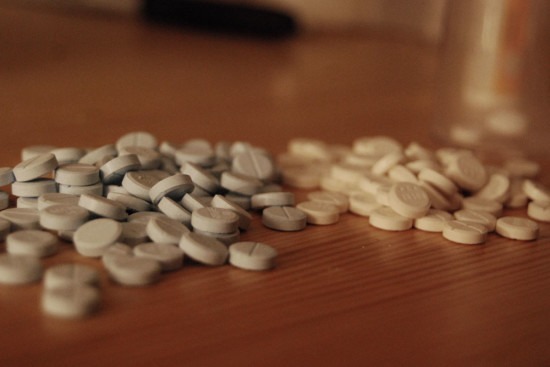
A photo I took in 2009 of my piles of Valium and Klonopin. I discuss my use in number 7.
5. Regularly test your resolve
Smoke pot a lot? Sniffing coke every weekend? Not sure if it’s a problem? Stop for a month. Stop for six months.
If you’re thinking ‘I could, but I don’t want to’, ask yourself: how do you know you could? Have you tried? Recently? Feeling like you could and actually doing it are two different things. In fact, even just ‘not wanting to’ is a pretty bad sign. What is it about being sober that you don’t ‘want’? Is it somehow intolerable?
Here’s a good rule of thumb – if staying sober is difficult for you, you need to stay sober for a while and figure out why.
In all honesty, whether or not you can stop taking a drug for a period of time should never even come up – because you should always have extended periods of time when you aren’t taking drugs.
6. Notice developing patterns, and ask for help BEFORE they are a problem
Like I just said, using often is a bad sign. Escalating frequency and/or dosage is a bad sign.
Most drugs exhibit some degree of tolerance. If you sniff enough ketamine to leave your body and journey inward to the deepest recesses of your mind (known as a K-hole), and then try again the next day, it’s going to take a lot more ketamine, if it’s even possible at all.
Heroin addicts inject doses large enough to make us muggles black out instantly and puke all over ourselves. And that’s just enough for them to prevent withdrawal symptoms, not get them high.
If you are taking any drug often enough that you need to continuously keep taking more to get high – stop taking it! I know. It’s easier said than done — but if it’s not easy, or at least possible, to stop, then YOU HAVE A PROBLEM and you need to ask for help.
7. Don’t self-medicate. But if you do self-medicate, do it responsibly.
Self-medicating is stupid. I don’t recommend it to anyone. Just go talk to your doctor. If you have a legitimate concern that needs treatment with psychoactive medication, they will help you out (sometimes a little bit too readily, in my opinion)! But if, like me, you are stubborn and kinda stupid, you might do it anyway. Here’s what worked for me:
I took Valium and/or Klonopin (benzodiazepines) for over two years. I was closeted, anxious, and coming to grips with the need to tell my friends and family that I was gay, so I self-medicated. But I did it smart. I looked up what safe dosages were, how much people who were actually prescribed these drugs were taking, and I modeled my use after that. I wrote down how much I took every single day, religiously, to make sure I wasn’t escalating or being careless.
After I came out, and after a few horrible attempts to stop cold turkey, I weaned myself off the meds really slowly, over the course of six months, until I was only taking a tiny dose every other day. It was almost symbolic at that point. It’s been well over two years since I took a benzo, and only now am I considering using them recreationally, occasionally.
If you are curious, I manage my anxiety now with a daily meditation practice, among other tactics.
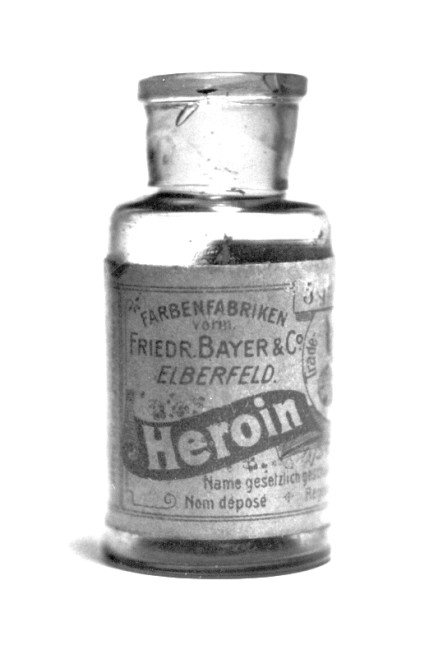
Bottle of Bayer brand Heroin, sold in the USA circa 1907.
Of course, doing what I did required a lot of discipline, that many people don’t have. That’s why you should just ask a doctor for help.
8. Keep in mind relative risks
We all know that some drugs are more dangerous than other ones. It’s a lot easier to overdose on heroin than it is on Valium, and it’s basically impossible with cannabis. But there is another kind of relative risk I’d like you to keep in mind.
Even if your near-daily Xanax habit doesn’t cause major problems in your life, think about whether or not it is serving you. I think that Randy Marsh, Stan’s dad on South Park, had some excellent insight into this area:
“The truth is marijuana probably isn’t gonna make you kill people, and it most likely isn’t gonna fund terrorism, but pot makes you feel fine with being bored, and it’s when you’re bored that you should be learning some new skill or discovering some new science or being creative.”
There’s a lot of wisdom in that. Drugs can be a fun extra curricular activity, but don’t let them become your only, or even primary, extracurricular activity.
In some ways, this risk is more insidious than full-out, blowing-random-dudes-for-crack-money addiction, because it isn’t always obvious there’s a problem. The losses aren’t obvious. They only show up in terms of missed gains.
This is the one major area where I’ve fallen short in the past. I’ve spent a lot of time smoking pot that I could’ve been doing something more fulfilling. Which is one of the reasons I almost never smoke anymore.
Conclusion
The idea that drug use can be “responsible” may sound controversial. But think about this: everything I’ve listed here is pretty much common wisdom when it comes to alcohol — an insidiously toxic (yet legal) drug — but when I apply these ideas to other recreational drugs, it suddenly appears suspect.
I’m sure that there are exceptions and caveats to all of these points that I am either unaware of, or that in the interest of space I was unable to explore, but my central point is this: counter to the current cultural wisdom, it is possible to use recreational drugs – any recreational drug – in a responsible way. Maybe not for everybody, but for many (probably most) of us.
Altering consciousness with chemicals is a human tradition as old as humanity itself, and approached properly, it is a rich and beneficial source of new and different kinds of experiences. The current societal view that we should prevent everyone from using because some will develop problems is paternalistic, infantilizing, and offensive.
I hope that some of you have found the advice contained here useful. It certainly helped me.
1. If you are offended that I included cannabis on this list, don’t be. I realize that it is not as dangerous as these other drugs, and I realize that it has many beneficial and medicinal properties — but it does have potential for abuse, and it does have potential negative side effects.
It’s also important to note that psychedelic drugs (mushrooms, LSD, DMT, etc) are a major exception to the general principles in this article. Psychedelics are rarely abused, and aren’t often addictive — in fact, they can help to heal addiction. Psychedelics are not an escape. Usually, they will put you face to face with whatever it is you are trying to escape, and make you look right at it (in technicolor) for hours on end. Responsible psychedelic use is another topic entirely. (back)
Liked this post? Subscribe to my RSS feed to get much more!

